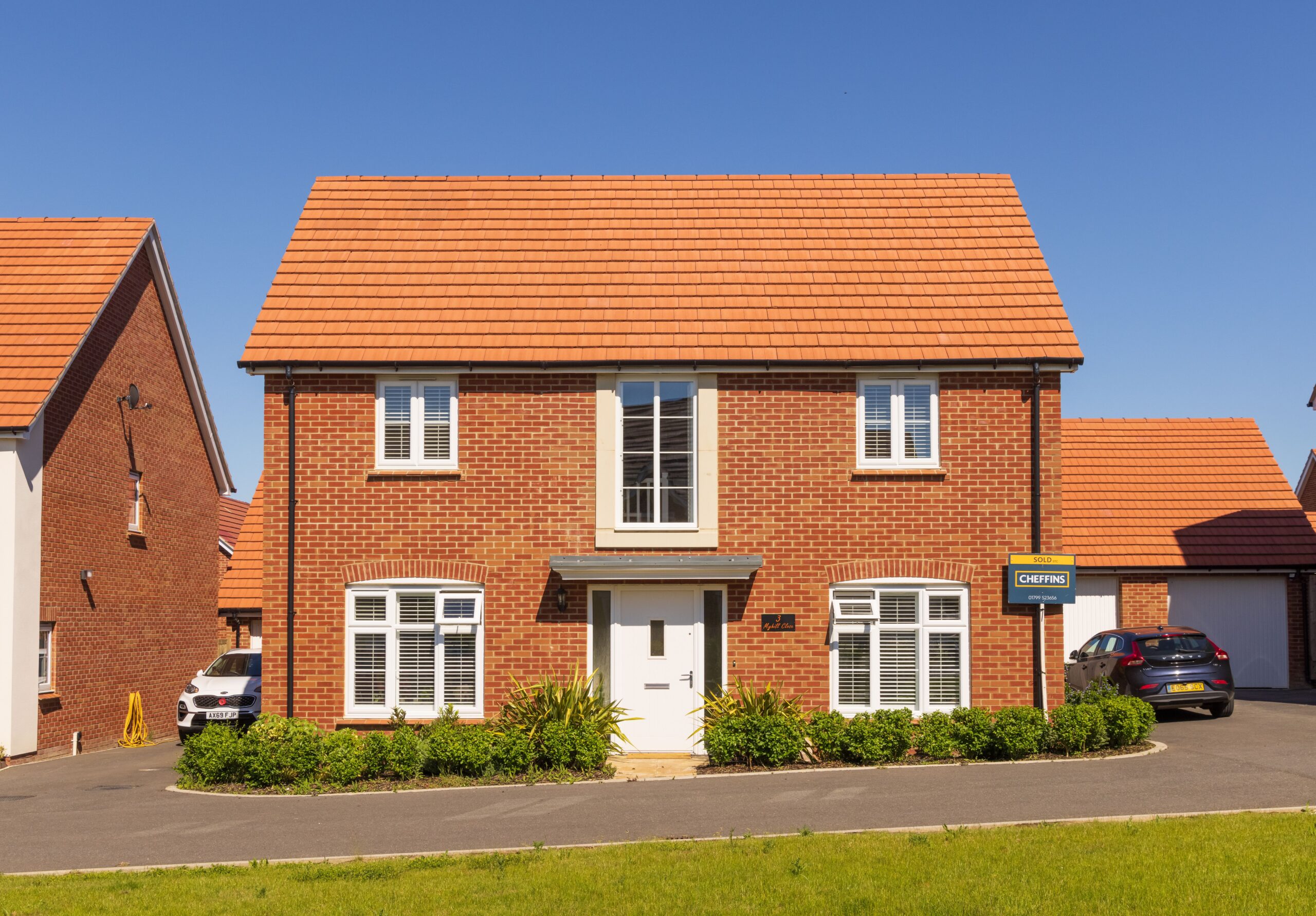
A first-time buyer has never owned a freehold or leasehold property in the UK or abroad and is buying their only residence. With the cost of living crisis, it’s becoming increasingly harder for first-time buyers to get on the property ladder, so we have compiled a list of tips to help first-time buyers as much as possible.
The average house deposit stood at £61,000 in 2022, with the average first-time buyer house price being £236,783. The average age of a first-time buyer outside of London was 32.1 years old. These statistics make it no surprise that many first-time buyers feel that buying a house is out of reach for them.
However, first-time buyers have access to a range of resources to help them save for a deposit, lessening the stress of saving for a huge deposit. A great example is Lifetime ISAs; you can put in up to £4,000 a year, and the government will add a 25% bonus to your savings, up to a maximum of £1,000 per year.
There are also many other first-time buyer schemes; you can read our guide on Help to Buy Alternatives.
The first step towards buying a house is often speaking to a mortgage advisor. They will help you work out your budget and how much you can afford to borrow based on your income and any debts you have. It is important to do this at the start of your house hunt to make your search realistic.
A mortgage advisor will also help you to get a mortgage in principle so that sellers can see you are an attractive buyer with your finances already in place.
We’re all guilty of looking at the fancy, expensive houses on Rightmove, but looking at properties in areas that are out of your budget and falling in love with them will only end in disappointment. Make sure to be strict with yourself and research areas you know you can afford before you start looking at properties in that area.
Being organised means having your paperwork ready, including documents such as your ID, utility bills, bank statements and your yearly income, instructing a solicitor, and getting a mortgage in principle.
A high credit score means there is more chance that you will get approved for a mortgage, whereas a low credit score, or no credit score, means you may have to make some changes to improve your score, so you are more likely to be approved.
A high credit score shows that you are reliable when paying your debt back on time, whereas a low credit score may indicate that you won’t be able to keep up with mortgage repayments.
Nationwide has a suite of mortgage calculators that allow you to determine what you can afford and what your monthly mortgage repayments would look like. Lenders tend to give four to four and a half times the applicant’s salary. If you’re looking to buy a house with a partner, then lenders would give four to four and a half times the combined salary of both applicants.
When deciding how much you can afford, consider all your monthly outgoings, including rent, utility and food bills and how much you spend on leisure activities each month.
You may also have to compromise, as it is unlikely that your first property will have everything you want at a price you can afford. Make a list of your non-negotiables and things that aren’t necessarily essentials.
While you might not initially like the property’s look, the feel of the property could be your cup of tea. Make a list of all the things you want your ideal property to have, and if a property has what you need on paper, it could be worth booking a viewing.
The more questions you ask, the better your understanding will be of the house. By asking lots of questions, you can get an understanding of things like how long the property has been on the market, how many viewings and offers it’s had, whether any renovations have been done and if goods such as the curtains are included in the sale.
Buyers usually arrange a house survey before buying the property. It can tell you the property’s value in relation to its condition. House surveys highlight any repairs or maintenance that may be needed. The three types of house surveys are home condition reports, home buyer reports and building surveys.
Buying a house in an up-and-coming area could be a good investment for your money, especially if the local council are planning on building local schools and a few shops in the area. As time goes on and the area improves, the value of the house will increase, so if you decide to sell, you will be making a profit on the property.
Once you’ve found your perfect property, had your offer accepted, and everything is starting to get exciting, it’s time to start the legal process of buying a property. For that, you’ll need a conveyancer (like us!). There’s a bit to consider here, and every property transaction is different, but we’d suggest starting by reading our handy guides or by getting a quote.
Buying a house will likely be the biggest financial commitment you’ll ever make. Therefore, you don’t want to put any pressure on yourself and rush the process. Finding your ideal property may take several months, and even after this point, the conveyancing process can take a while. If you want a faster transaction, though, why not check out MuveFast, and complete in as little as five weeks?
If you’re a first-time buyer and would like more information and advice, don’t hesitate to get in touch or get a free quote.

© 2024 Muve UK. All Rights Reserved.